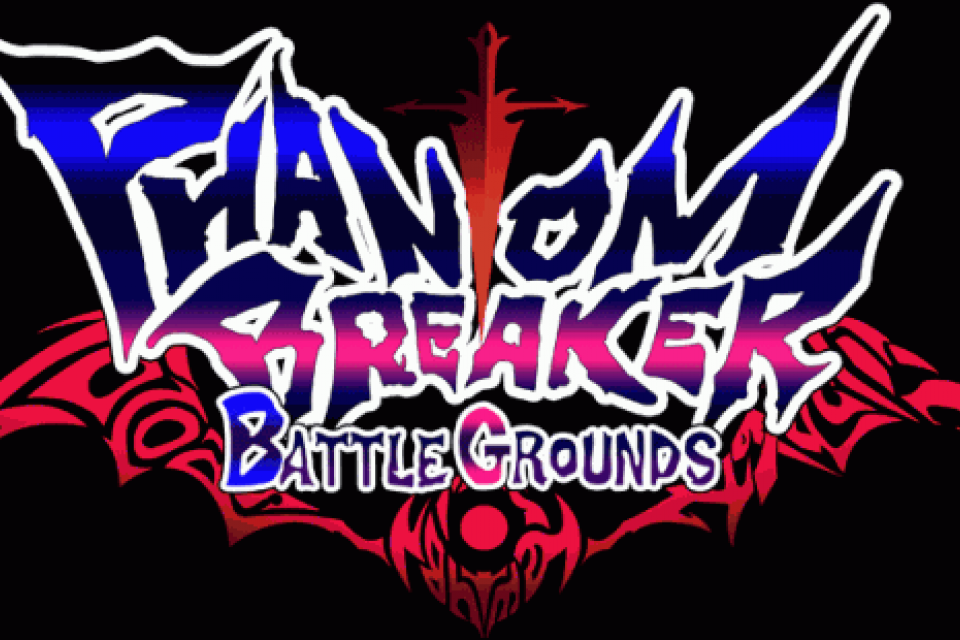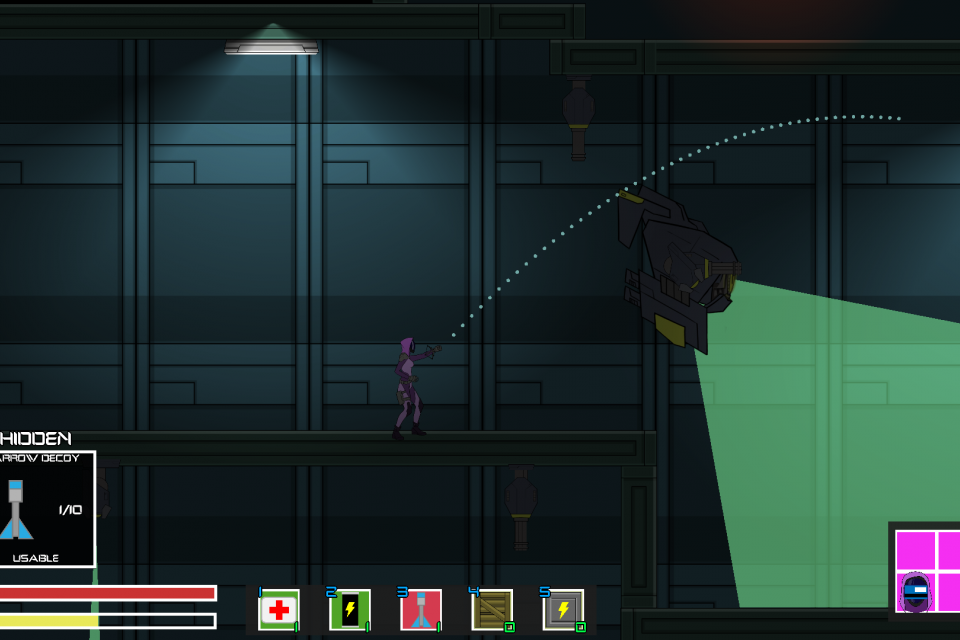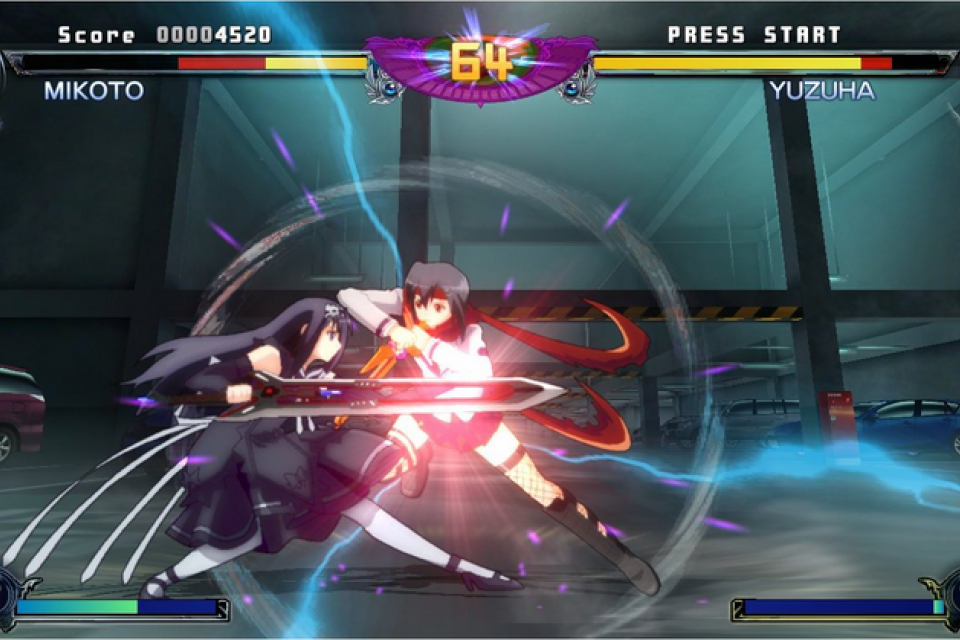
A former Executive Vice President of Infinium Labs, has agreed to dismiss his lawsuit against the company and its principal officers.
An attorney for Terry Nagy says he and Infinium are addressing any misunderstandings and differences and are working toward resolving any claims. As such, the lawsuit has been dismissed without prejudice, which means it can be refiled at a later date.
"I'm happy because I feel that all parties are working with each other and are committed to resolving the disagreement," says Michael Hurst of Godwin Gruber in Dallas, which represents Mr. Nagy. "I believe this result is good news both for Terry and for the company as well."
Mr. Nagy, who left Infinium in 2003, had filed suit in the 134th District Court in Dallas County, Texas, last month in connection with a dispute. Terry Nagy claimed Infinium used him and his knowledge of the video game industry, while promising him a big payoff in shares of company stock. In the end, however, Mr. Nagy ended up with nothing.
Mr. Nagy's lawsuit names the company and Timothy M. Roberts and Robert Shambro as defendants. Mr. Nagy is seeking the value of the Infinium stock the company owes him for his work.
Mr. Nagy began work for Infinium in 2002. His job was to acquire gaming content that would give buyers of the Phantom Gaming System something to play. The system will allow players to test, rent and buy a broad choice of video games through a broadband Internet connection.
Mr. Nagy alleges Roberts and Shambro named him Executive Vice President and used his reputation and experience in the industry to generate publicity and credibility for the system and to raise approximately USD 15 million in venture capital. They promised him 110,000 shares of pre-split Infinium stock as compensation.
But in the fall of 2003, Infinium cancelled Mr. Nagy's e-mail and cell telephone service, and Roberts and Shambro stopped returning his calls. Shortly thereafter, Infinium merged into a shell company and a public market for its stock developed. Roberts and Shambro netted millions of shares of stock, then trading between USD 17 and USD 36 per share, and Mr. Nagy received nothing.
It's very clear what happened here, says Mr. Nagy's attorney, Michael Hurst of Godwin Gruber in Dallas. Infinium used Terry, plain and simple. They used his knowledge and contacts, and even made him a corporate officer. Then, just as the payoff was about to happen, they dumped him over the side.
This case is not noteworthy because the stakes are high but simply because it showcases the, apparent, lack of financial depth of the Phantom console's manufacturer. What Sony demonstrated first, with Microsoft and Nokia following, is that success in the console business will only come to those who wait and most importantly to those who pay. In order to make consumers confident about your product you have to convince them that you have the resources to back your console in sickness and in health.
The fact that Infinium Labs chose to pay in stock, a popular method in business, still provides a hint that money is not exactly a strongpoint for the company. If it is proved that Infinium Labs really did not pay the man responsible for much of their preparatory work, consumer confidence in the Phantom will surely suffer.








